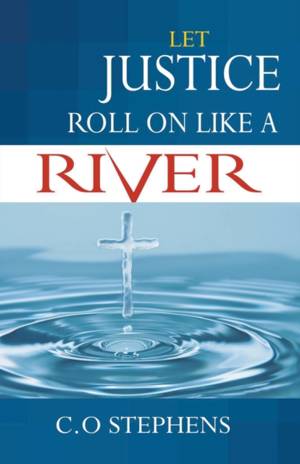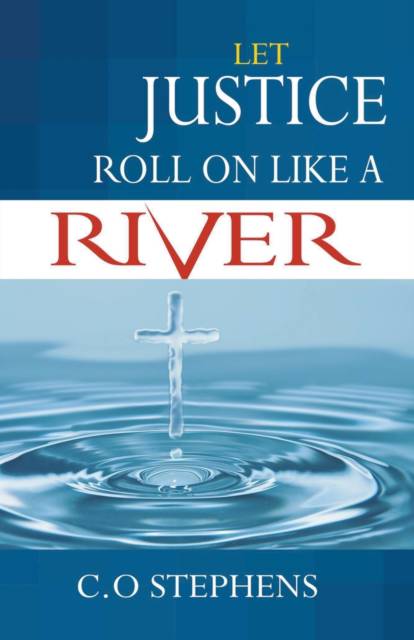
- Retrait gratuit dans votre magasin Club
- 7.000.000 titres dans notre catalogue
- Payer en toute sécurité
- Toujours un magasin près de chez vous
- Retrait gratuit dans votre magasin Club
- 7.000.0000 titres dans notre catalogue
- Payer en toute sécurité
- Toujours un magasin près de chez vous
Description
Let Justice Roll On Like a River is the first booklet in a series of C4L "activist handbooks".
It catalogues many Justice issues that churches have engaged in and fought for over the centuries. It says very little about each particular issue, rather serving as an overview of how and where the church has spoken truth to power.
Written in South Africa, the book moves from this historical survey to recent decades in "The Struggle". It explores the contribution that church leaders and followers made - as change agents. It makes mention of some gaps as well, where the church did not rise to the challenge, to its detriment.
The book ends with a final chapter that lists various practical ways that Christians can arise to continue in this "prophetic" tradition. For prophecy is not just about forecasting the future. Prophecy also interprets the present with relevant insights, to mobilize citizen participation in change and improvement.
It is a pity that after centuries of evolving constitutional democracy, and decades of establishing this model of governance in South Africa, there seems to be an alienation of youth in the 21st century. The so-called "Born Frees" have dis-engaged from elections. (Although they remain very engaged in service delivery protests.) More citizens in the Electorate don't vote than the number who go out and vote.
The booklet tries to ignite interest to make youth more aware of the importance of Civic and Justice issues. Not just about Democracy and elections, but about social and economic injustices as well. It starts from biblical and theological roots, and moves through a scan of history quickly, into the period of living memory. Then it scopes what Christian citizens can do in terms of Activism.
Albert Einstein once said: "The world will not be destroyed by those who do evil, but by those who watch them without doing anything."
Spécifications
Parties prenantes
- Auteur(s) :
- Editeur:
Contenu
- Nombre de pages :
- 104
- Langue:
- Anglais
Caractéristiques
- EAN:
- 9781990919633
- Date de parution :
- 19-04-21
- Format:
- Livre broché
- Format numérique:
- Trade paperback (VS)
- Dimensions :
- 140 mm x 216 mm
- Poids :
- 140 g

Les avis
Nous publions uniquement les avis qui respectent les conditions requises. Consultez nos conditions pour les avis.






